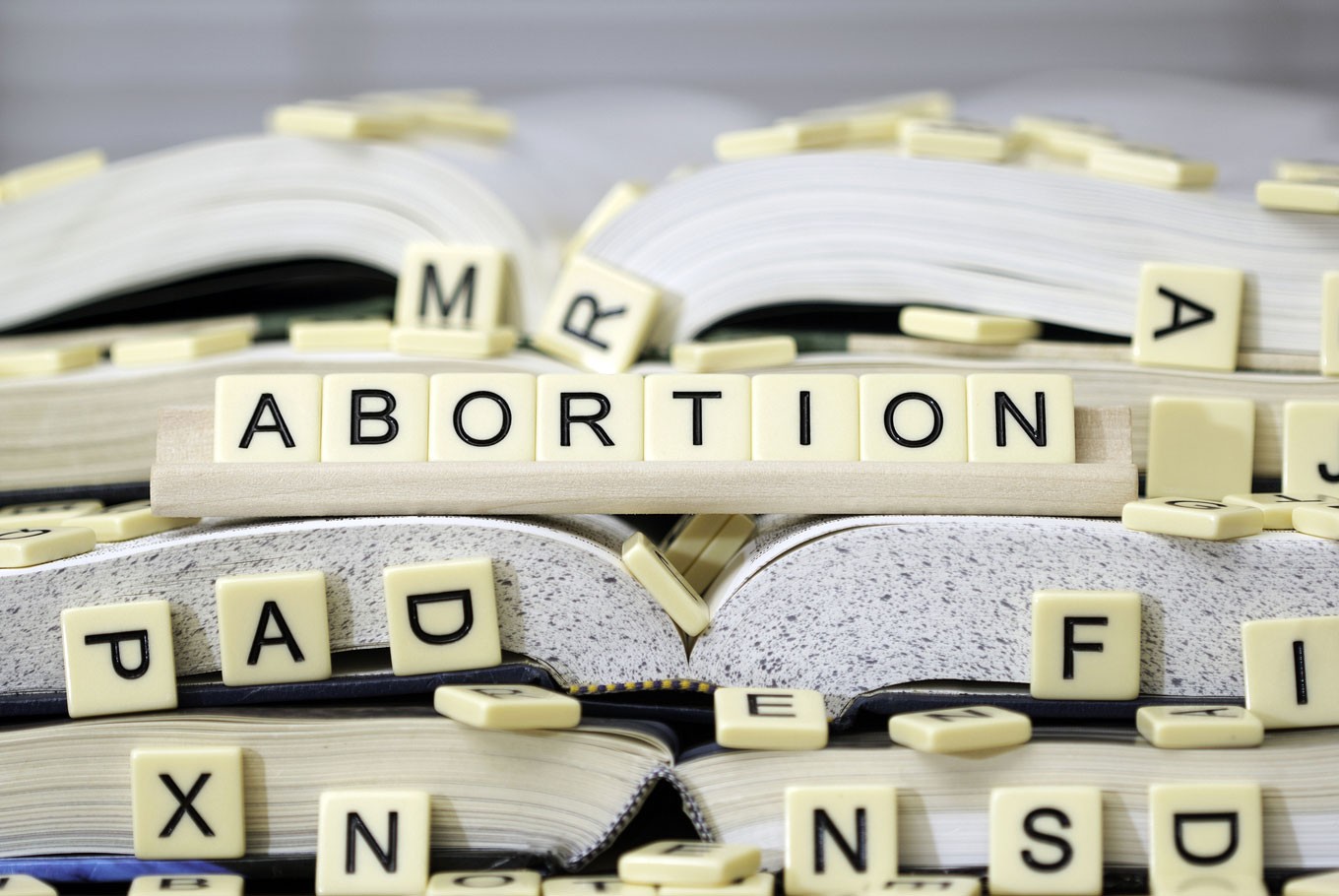Popular Reads
Top Results
Can't find what you're looking for?
View all search resultsPopular Reads
Top Results
Can't find what you're looking for?
View all search resultsDo multiple abortions decrease your chance of getting pregnant again?
Undeniably, having a history of abortions can cause you to worry about its impact on future pregnancies. So, do multiple abortions really cause risks for future pregnancy attempts?
Change text size
Gift Premium Articles
to Anyone
P
regnancy is an important life event. Yet, it can come unexpectedly at the wrong time, which might lead to the decision of an abortion.
Undeniably, having a history of abortions can cause you to worry about its impact on future pregnancies. So, do multiple abortions really cause risks for future pregnancy attempts?
Abortion is a term used for the surgical or medical process to end a pregnancy so that the baby cannot be born. The reasons for abortions are varied; it can be due to personal circumstances, risks relating to the mother's health or risks relating to the baby's health after birth (including genetic or physical abnormalities).
Luckily, abortion does not cause infertility issues or complications in subsequent pregnancies. Although there are debates on the ethical side, an abortion performed by a medical professional under proper sanitary conditions is a safe and straightforward procedure. Again, there is not enough scientific evidence to indicate that abortions performed under these circumstances can do harm to a women's future pregnancy.
However, since all medical procedures carry a certain degree of risk, abortions are no exception. Although the abortion procedure has been developed to ensure women's safety, there are some possible risks that may appear in future pregnancies if the procedure is not carried out properly, including: vaginal bleeding during early pregnancy; premature birth; low birth weight; placenta problems, such as retained placenta; severe infection; and womb damage.
(Read also: How to know if your body is not ready for pregnancy)
Having more than two abortions potentially risks infection after the procedure. Most infections could be easily treated with medicine. Nonetheless, some severe infectious diseases such as the pelvic inflammatory disease could cause damage to reproductive organs if not treated. This can cause infertility or pregnancy outside the womb. Regarding womb damage, although this case is quite rare with advanced surgery today, the cervix could be damaged and weakened. A weakened cervix due to repeated dilation during the earlier procedures could cause difficulty sustaining a pregnancy later on, potentially leading to a miscarriage. However, cervical incompetence can be treated with an operation by putting a small stitch of strong thread around the cervix to keep it closed.
In addition, an abortion can be an emotionally challenging experience for a woman. A woman who has been through an abortion might avoid sexual contact due to guilty or conflicting feelings; this might have an indirect effect on fertility.
Before and after having an abortion, you should communicate with your partner or family. Also, wait for at least a month after the abortion before attempting to get pregnant again. Your body needs time to rest up before it is ready to take on another life.
The consequences imposed on both your physical and mental health following an abortion are unavoidable. If you are concerned about the possible impact on your future pregnancy, consult with your health care provider. He or she can help you understand the potential risks, as well as what you can do to help ensure a healthy pregnancy. (kes)












